The most reliable way to pick an honest online casino is to blend hard checks (valid license, independent audits) with common-sense signals (clear payments, transparent terms, and real responsible‑gaming tools). In practice, that means confirming the site’s license, looking for testing seals like eCOGRA or iTech Labs, checking RTP disclosure, and making sure withdrawals aren’t a maze of hidden conditions.
Why licensing and audits matter
Licensing is the bare minimum. A serious casino shows its licensing details in the footer and links to a regulator page where the license can be verified. If the site buries this info or the link doesn’t resolve to a legit registry page, that’s a red flag. Independent testing labs (e.g., eCOGRA, GLI, iTech Labs, BMM) validate the random number generator (RNG) and game math. Those seals aren’t decoration; they mean the outcomes are tested with statistical batteries and periodic rechecks. If the badge clicks through to a current certificate, even better.
RTP and game transparency
RTP (return to player) should be published by game or at least by category with details accessible from game info. Honest casinos don’t hide RTP behind vague marketing. They also specify whether games have variable RTP versions and which profile is active on their platform. If there’s no way to find RTP data, assume transparency is not a priority.
Payments and withdrawals without drama
Trustworthy sites make payments boring—in a good way. Expect a clear list of payment methods, fees (if any), per‑transaction limits, monthly caps, and processing times for deposits and withdrawals. “Instant withdrawals” can still be gated by identity checks, so realistic time windows should be published per method. If the cashier page contradicts the terms, or fees appear late in the flow, walk away.
Bonuses: read the fine print once, save hours later
Promotions have strings attached. Read wagering requirements, contribution percentages by game type, max bet while wagering, time limits to clear, and caps on convertible winnings. Conversions like “only slots at 100%, table games at 10–20%, live games excluded” are common. If a bonus sounds too generous but needs 60x on a narrow list of slots within 3 days, it’s not really generous. A fair casino writes bonus rules in plain language with examples.
RNG, fairness, and what “provably fair” really means
RNG testing ensures unpredictability. That’s what lab seals are about. For some verticals, you may see “provably fair” tools that let players verify individual outcomes cryptographically. That’s useful, but it doesn’t replace the need for audited RNG and game math on complex slots and tables. A straight‑shooting operator publishes testing partners, certificate dates, and any recent system audits.
Responsible‑gaming tools on the surface, not buried
A good casino puts player‑protection tools where they’re needed: during signup, in the cashier, and in the account area. Look for easy controls for deposit limits, loss limits, timeouts, self‑exclusion, and reality checks. If it takes more than a couple of clicks to find these, it’s a sign the site treats compliance as a checkbox rather than a principle.
Customer support that answers real questions
Before depositing, ask support about withdrawal processing times, acceptable ID docs, RTP access, and who audits their RNG. The tone and specificity of the reply tell a lot. If the agent only pastes generic lines, consider it a warning. If they link to the exact policy page or certificate, that’s a green light.
Quick checklist to spot honesty
-
License shown in the footer with a live link to an official registry page.
-
Independent lab seals that click through to valid certificates.
-
RTP disclosed per game or category, plus clarity on variable RTP versions.
-
Clear cashier info: fees, limits, timelines by method, no surprise deductions.
-
Bonus terms in plain English with realistic wagering and time windows.
-
Responsible‑gaming tools visible and easy to activate.
-
Support answers specifics, not just scripts.
Game providers and platform clues
Established studios—think reputable slot and live‑dealer providers—tend to partner with well‑run casinos. A deep catalog from recognized providers is a soft signal of quality control. Also note site performance: stable lobbies, smooth loading, and consistent game behavior suggest proper integration and monitoring behind the scenes.
Security and privacy basics
Always look for HTTPS with a valid certificate, a detailed privacy policy, and clear data‑retention and KYC/AML procedures. Transparent identity checks are normal. “No verification ever” promises typically end in delayed withdrawals or worse.
Payout behavior over time
The best predictor of future behavior is past behavior. Long‑standing reports of on‑time payouts and straightforward verifications mean something. Community forums can surface recurring issues—slow pays, bonus confiscations, or retroactive rule changes. Take patterns seriously; one-off rants are noise, consistent themes are signal.
A note on research sources
When researching, it helps to cross‑check multiple references rather than relying on a single review. One useful resource that curates trust signals, licensing context, and technical checks is https://artopcasinos.com. It’s handy for building a personal shortlist and confirming which details to verify on a casino’s site.
Bottom line
An honest online casino looks boring on paper: verified license, current lab certificates, clear RTP, transparent payments, and responsible‑gaming tools that are one click away. If any of those pieces are missing—or hidden behind marketing fluff—there are plenty of better options.

